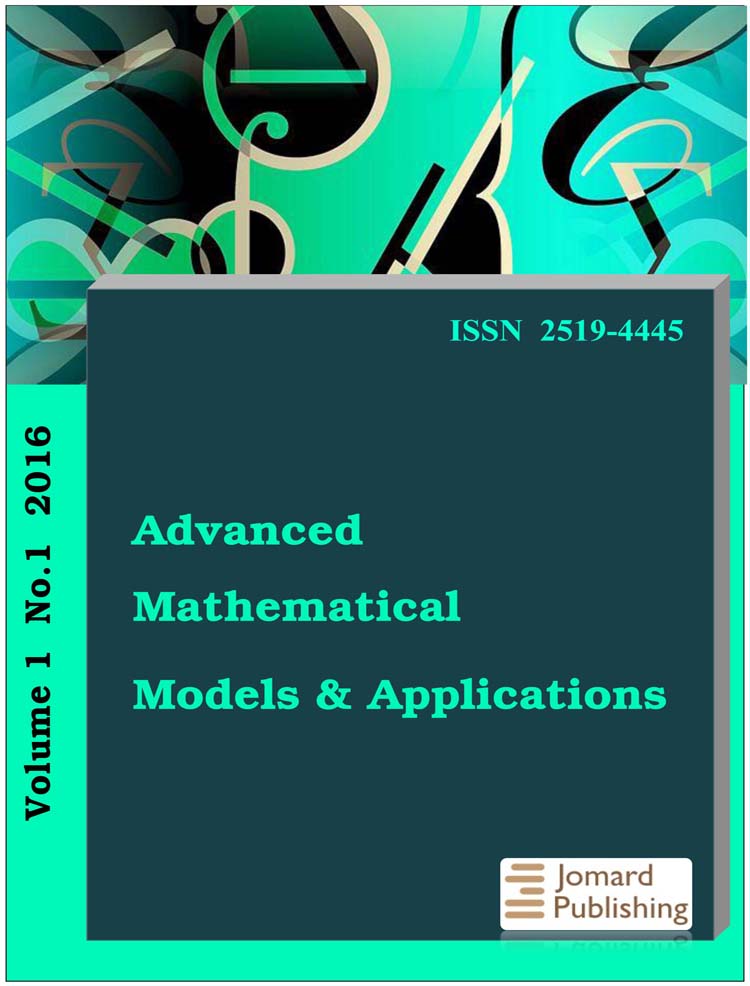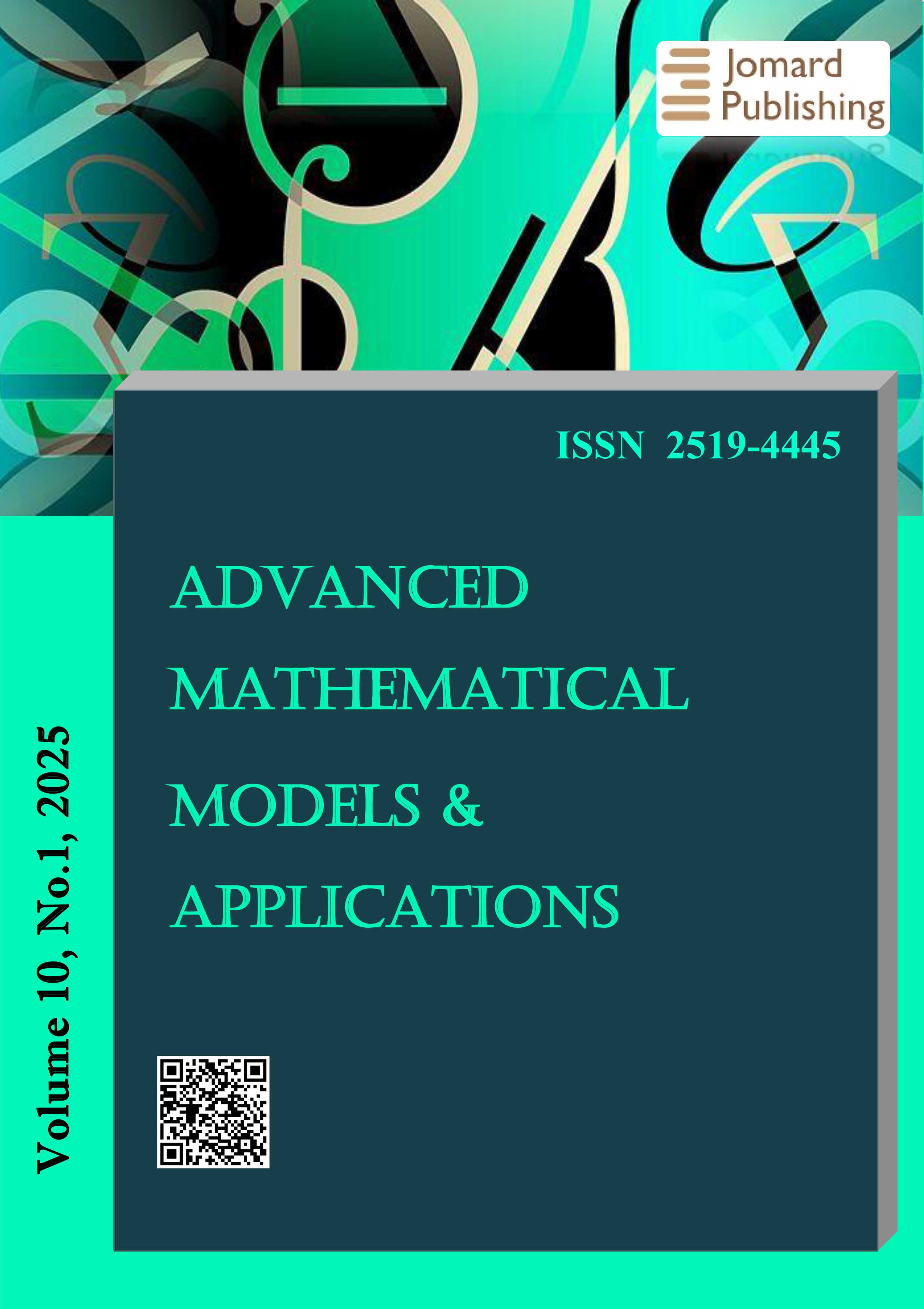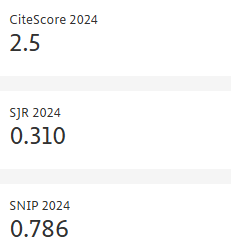Physics-Informed Neural Networks Methodology for the Resolution of Some Turing's Type Models
- Published: 11-04-2025
Share
The mathematical modeling of pattern formation in developmental biology results in non-linear reaction-diffusion systems, which are generally very rigid in terms of both diffusion and reaction. Physics-informed neural networks (PINNs) have transformed the traditional use of Machine Learning in scientific computing, introducing a new deep learning approach designed to solve forward and inverse problems of nonlinear partial differential equations (PDEs) by encoding physical laws the neural network’s loss function. This ensures that the network not only fits measurements, initial and boundary conditions, but also satisfies the governing equations. In this paper, we will use PINN to solve some non-linear time dependent reaction-diffusion systems such as Schnakenberg model, FitzHugh-Nagumo model and Gray-Scott model. The performance of this approach is verified by solving one-dimensional and two-dimensional test problems and comparing the results with those from numerical or analytical approaches. Validation of results is examined in terms of absolute and relative L2 error. The solutions shows that the PINN approach is a good tool for solving nonlinear Turing’s type systems.
- View 907
- Downloads 602
- Saveds 0
- Citations (Crossref) 0


